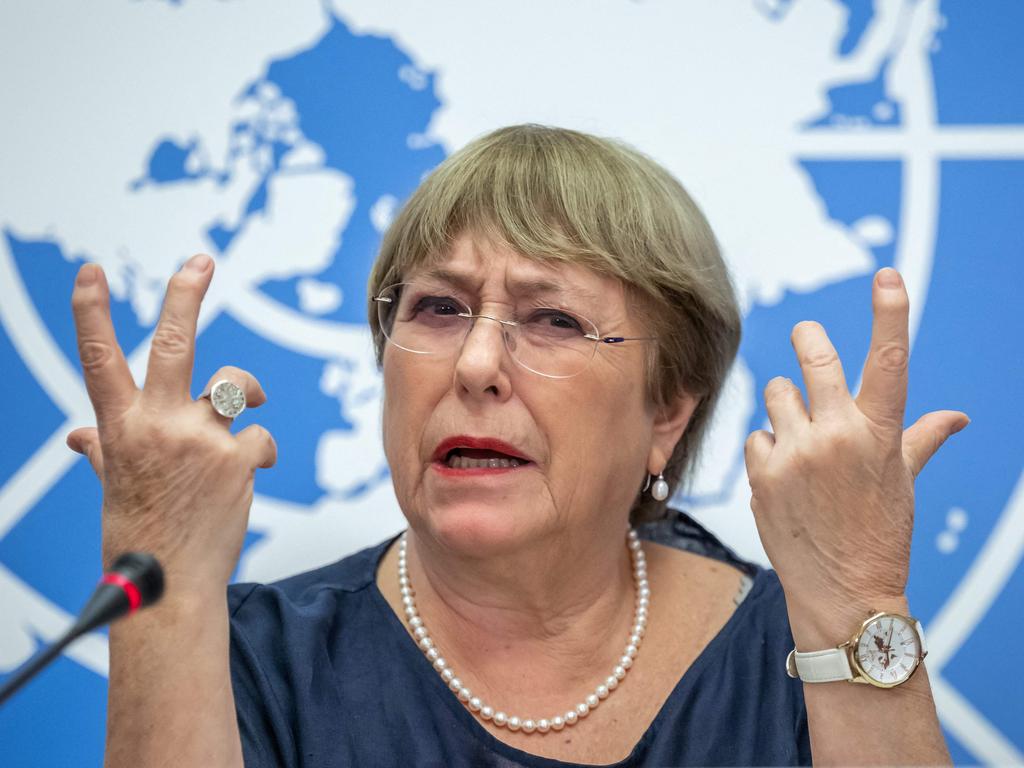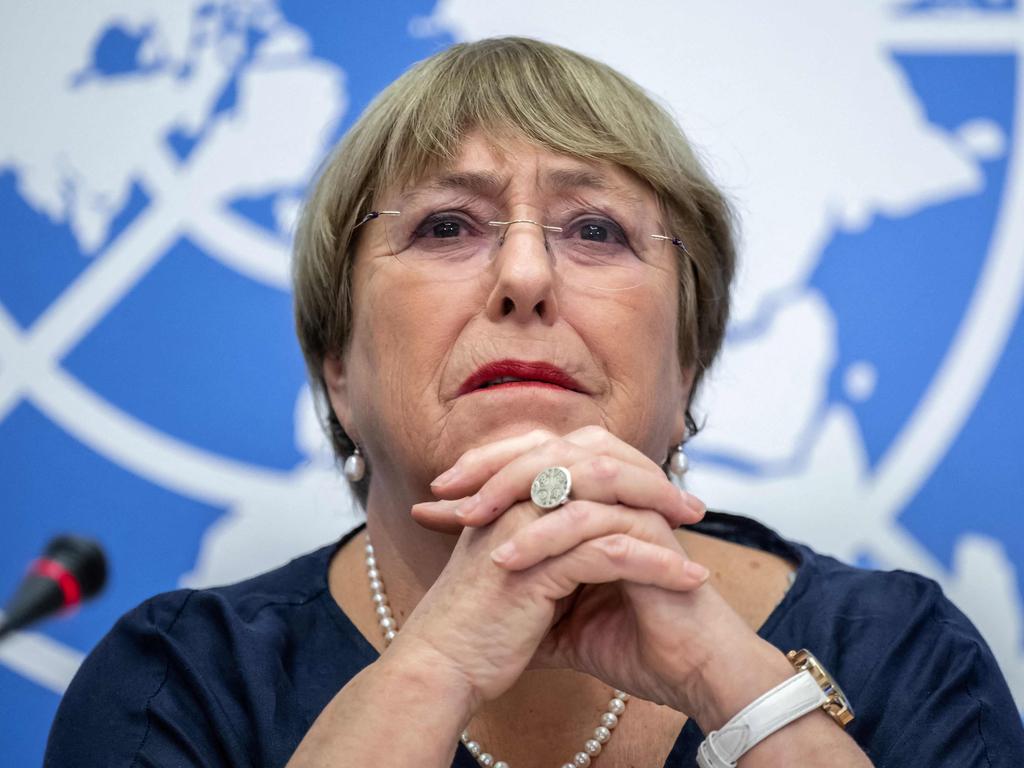
Last week these dedicated bureaucrats and their entourage, having made the arduous journey from overseas, turned up there unannounced insisting on their “right” to conduct a snap inspection of the court cells, much to the bemusement of NSW Corrective Service officials. Regrettably, they were not welcomed in a manner befitting a holder of high office. Suffice to say the four subcommittee members – who hail from the human rights utopias of Maldives, Poland, Croatia, and Georgia – are now familiar with the expression “Go to buggery”.
Why they came here in the first place is a mystery. Admittedly, the courthouse in question is a drab looking building, but we are not talking your Lubyanka-like edifice. Its officials are not known for hanging prisoners by their thumbs for days on end. And the streets of Queanbeyan are not strewn with wailing women and children holding up photos of missing husbands and fathers.
UN inspectors fared no better in Sydney last Sunday when they demanded entry to the Mary Wade Correctional Centre in Lidcombe and the Silverwater Correctional Complex. As the relevant department later explained, all such visits required prior written authorisation. And heaven forbid, they make no exceptions for UN officials.

This additional impertinence proved too much to bear. “Despite its continued efforts to engage the authorities for the resolution of the problems, the SPT continued to be obstructed in the exercise of its mandate,” the UN said in a statement this week. “[Its] members felt that their 12-day visit, which began on 16 October … had been compromised to such an extent that they had no other option but to suspend it.” Prior to departing the country, subcommittee officials threatened “grave” consequences for the NSW government.
I agree, starting with the prison officers who thwarted the inspections. A bonus week’s paid holiday for each of them, a commendation on their personnel files, a couple of slabs perhaps?
Predictably some, including Human Rights Commissioner Lorraine Finlay, are upset the subcommittee has left in a huff. “What compliance with OPCAT [Optional Protocol for the Convention Against Torture and Inhuman Treatment] actually represents for NSW and other Australian governments is an opportunity for all of us to feel more secure about how we protect the human rights of detainees by agreeing to greater oversight and accountability in our detention regimes,” she said.
But I doubt many Australians would feel distressed or less secure at the prospect of the UN not conferring tickety-boo status on our detention centres. This is the same organisation which boasts among the members of its Human Rights Council the nations of China, Cuba, Venezuela, Qatar, and Pakistan. It has no credibility.

And you must wonder why Australia is the subcommittee’s priority. Its website lists the countries it has visited since OPCAT’s inception in 2002. They include Germany, New Zealand, the United Kingdom, the Netherlands, Spain, Switzerland, and Italy. All good and well but there are some notable absences. If the subcommittee is hellbent on uncovering examples of torture, then surely it would have assessed the detention centres of Burundi, the Democratic Republic of the Congo, the Central African Republic, and South Sudan.
We know the answer. Given a choice, these human rights poohbahs opt for junkets to Western countries as opposed to travelling to a third world dung heap. I am seriously considering sending this mob my resume. As for my choice of assignment, I have in mind detention centres in the South of France, particularly the Bordeaux region. Did I mention I have similar concerns about those in the Azores?
It is farcical. Take for example these excerpts from their assessments. New Zealand: “The Subcommittee noted with concern the low nutritional value of the meals provided in the prisons it visited. Breakfast and lunch were monotonous, the latter invariably … comprising three thin white bread sandwiches and a piece of fruit.” United Kingdom: “The Subcommittee is concerned at the overrepresentation of the ethnic minorities in the criminal justice system.”

There was almost a tone of disappointment when it noted following a visit to Switzerland in 2019 that none of the detainees spoken to had alleged mistreatment by police. Nonetheless it made mention of their “harsh conditions during transport, including handcuffs that were too tight”. Yes, its members are paid lucrative wages to produce these trivialities. And you thought the travelling circus was a thing of the past.
Do not expect the Albanese government to stand up to these panjandrums. Already Attorney-General Mark Drefyus has hit out at the NSW government for its treatment of the subcommittee. Likewise, Finlay has called for the federal and state governments to invite the delegation to return.
If they really are serious about finding instances of torture in this country, let’s give them a few suggestions. To begin with, no more interminable so-called Welcome to Country ceremonies. Never again should we have to hear Prime Minister Anthony Albanese tells us he is the son of a single mother who grew up in a housing commission dwelling. And few things are as mind-numbing as waiting for someone from Qantas to answer the phone.
But you know what is the ultimate torture? Knowing that we handed over US$60m to the UN this year alone.








A question for the many holiday-makers who have driven past Queanbeyan courthouse on their way to the NSW South Coast: have you ever had cause to believe unspeakable crimes against humanity were being committed inside? Representatives of the United Nations, specifically those on the UN Subcommittee on Prevention of Torture (SPT), seem to think so.